Al-Ghazali's profound knowledge of Muslim law, theology, and philosophy so much impressed Nizam al-Mulk that he appointed him to the Chair of Theology in the Nizamiyyah Academy (established 458-60/1065-67) at Baghdad in 484/1091. He was then only thirty-four. This was most coveted of all the honours in the then Muslim world and one which had.. Soon after, Ignac Goldziher and Edward Browne, towering figures in the study of Islam in the West, identified a particular figure responsible for the end of philosophy in Islam: Abū Ḥāmid Muḥammad al-Ghazālī (d. 1111; hereafter Ghazali). Today, Ghazali is venerated by millions of Muslims as the foremost religious intellectual of his time.

AlGhazali Illustrated Biography Fons Vitae Publishing
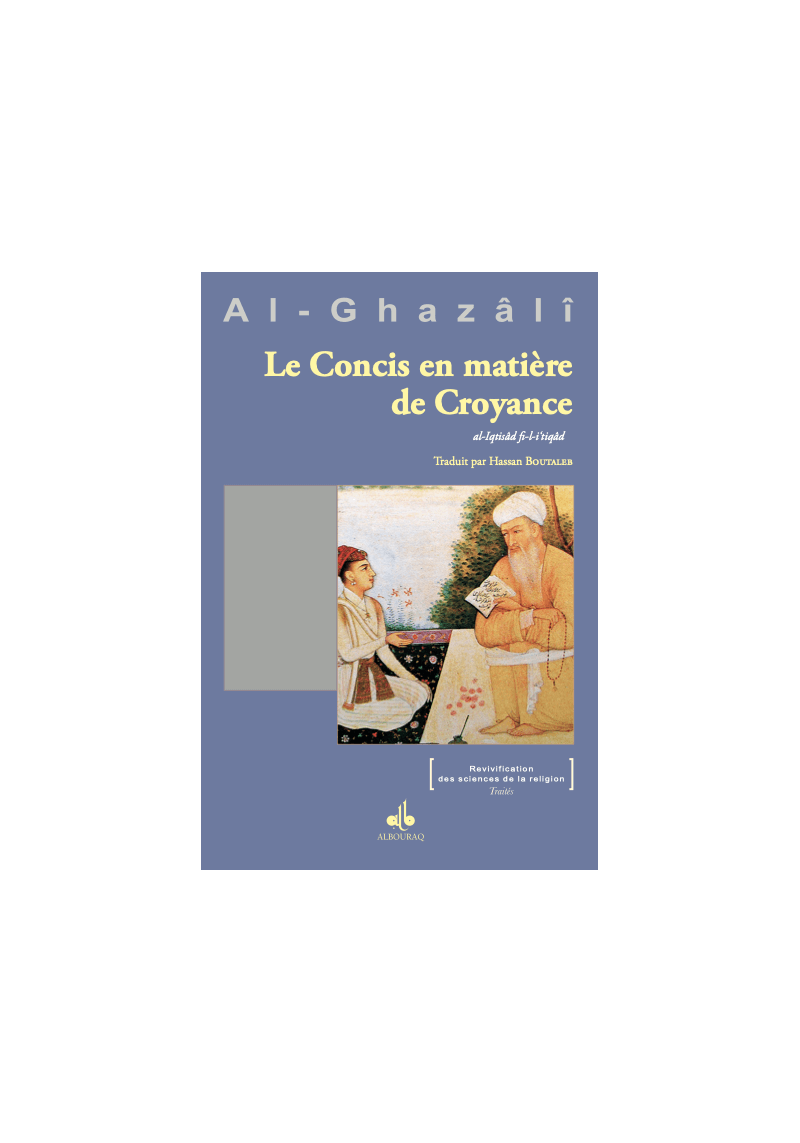
Le concis en matière de croyance al Ghazali Bouraq
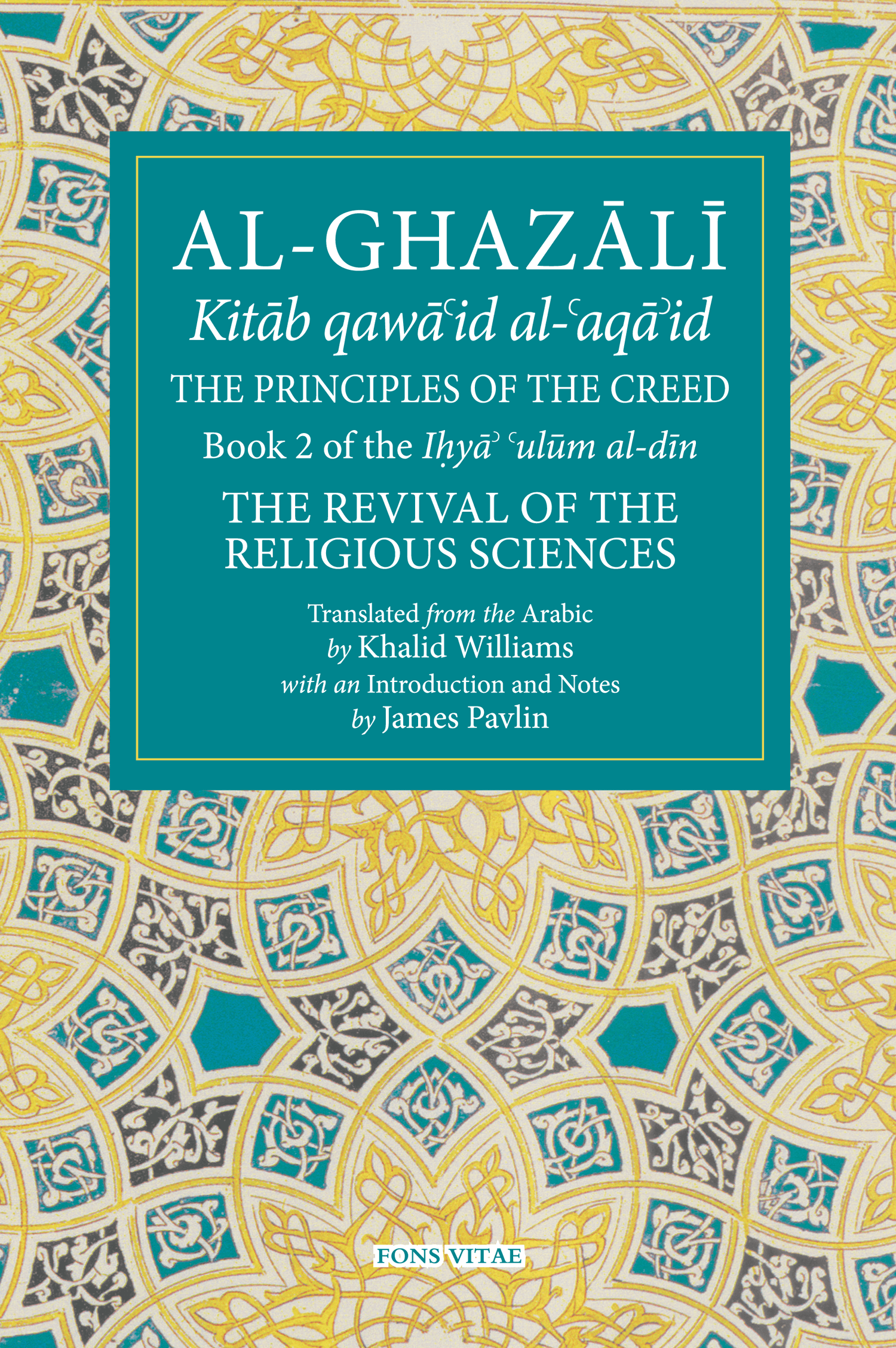
The Principles of the Creed AlGhazali Fons Vitae Publishing

Pin on Islamic education

Imam AlGhazali’s Guidance for Public Dialogue and Debates Over Social Media Imams Online

SOLUTION Abu hamid al ghazali_philosopher_biography Studypool
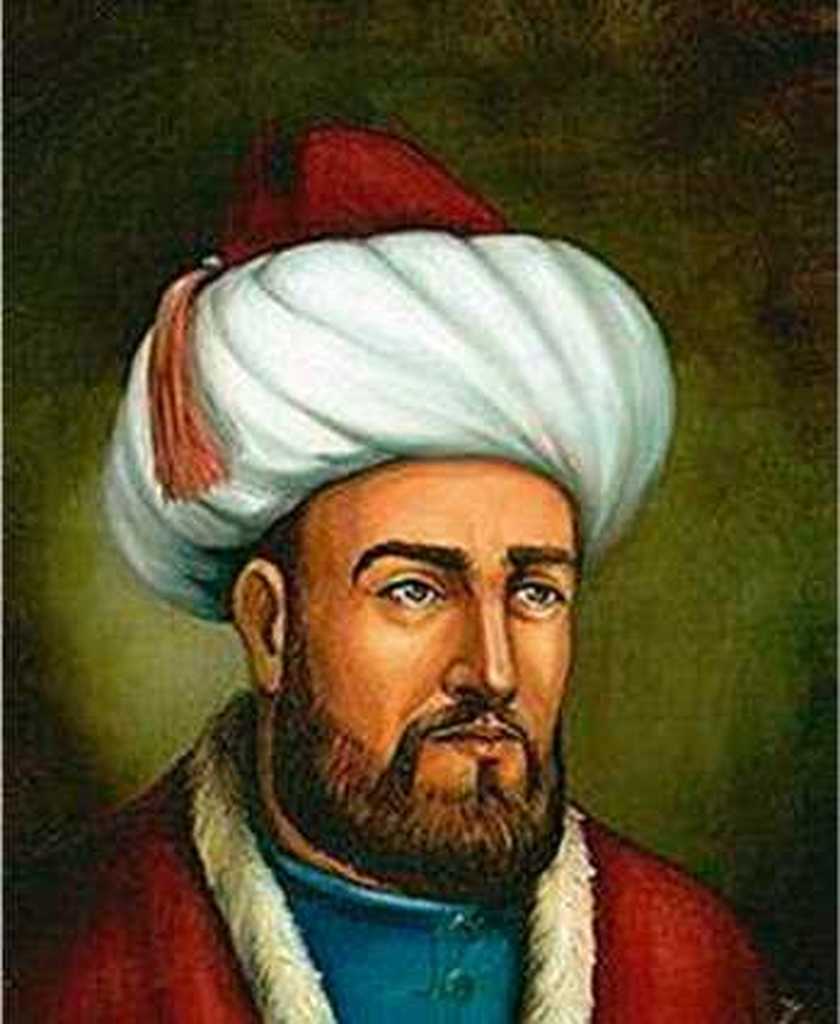
Hujjatul islam imam al ghazali electronicslew

LA MISE EN GARDE EN ISLAM YouTube

Profil Dan Biodata Al Ghazali Lengkap Dengan Zodiak Pasangan Hingga Hot Sex Picture

Biografi Tokoh Islam Al Ghazali Goresan

Imam alGhazali The Principles of the Creed Published by Fons...

Imam AlGhazali A Concise Life (Paperback)

Al ghazali quotes toprex

Perjalanan Imam AlGhazali Dalam Mencari Ilmu Islam Kaffah
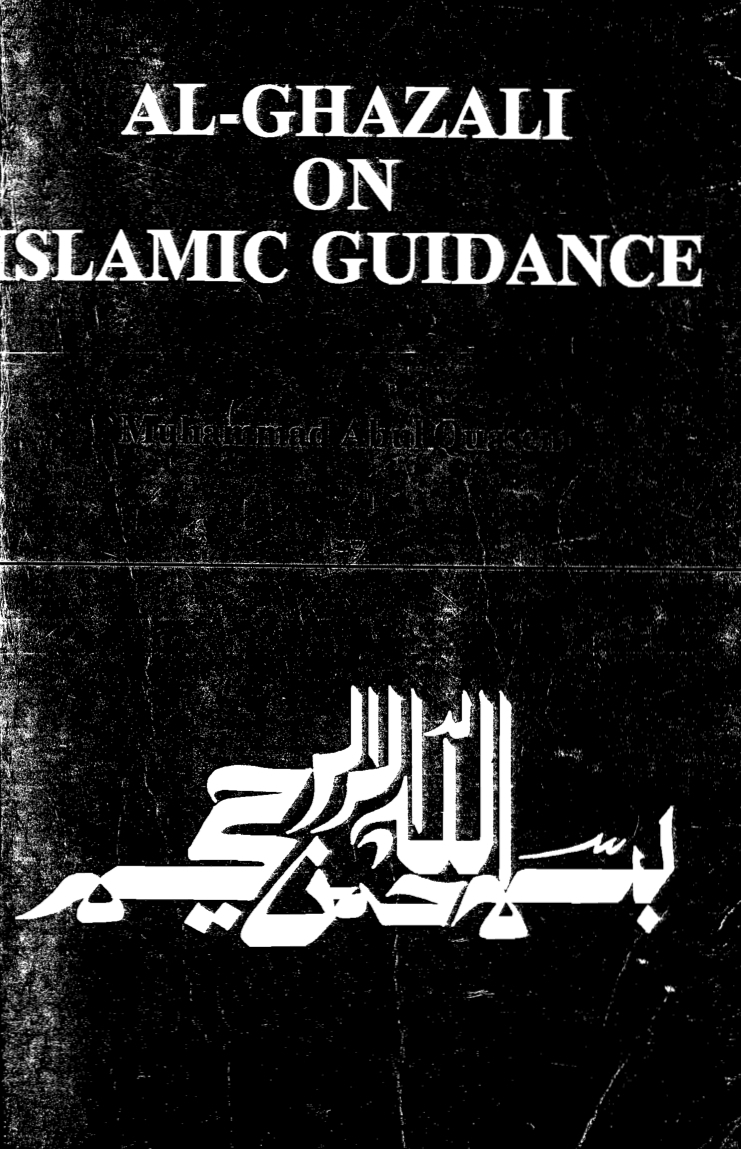
Imam Al Ghazali Pdf solarsafas
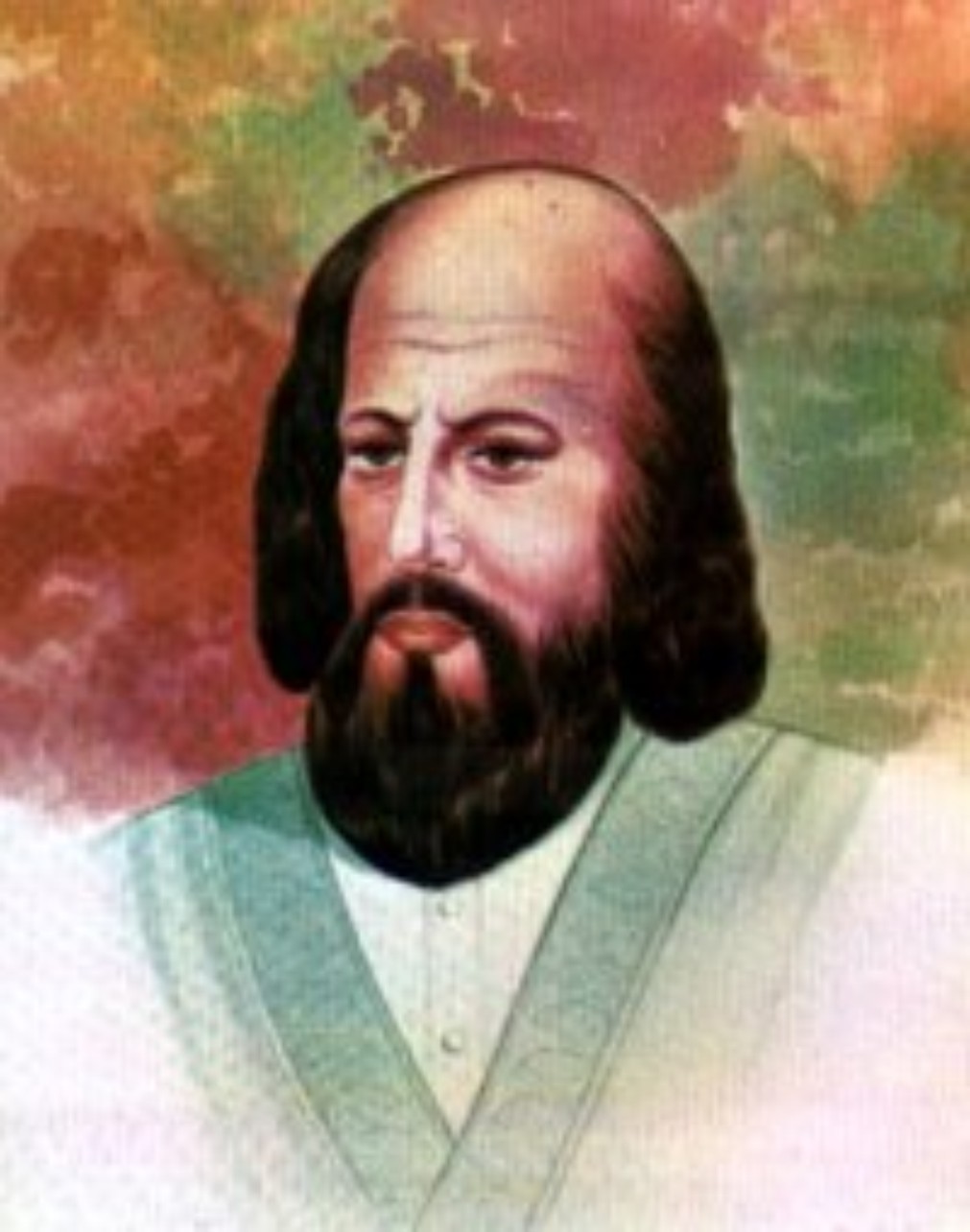
Imam Ghazali and the importance of character FUNCI Fundación de Cultura Islámica

AlGhazali The Mysteries of the Pilgrimage » Ghazali Children's Project
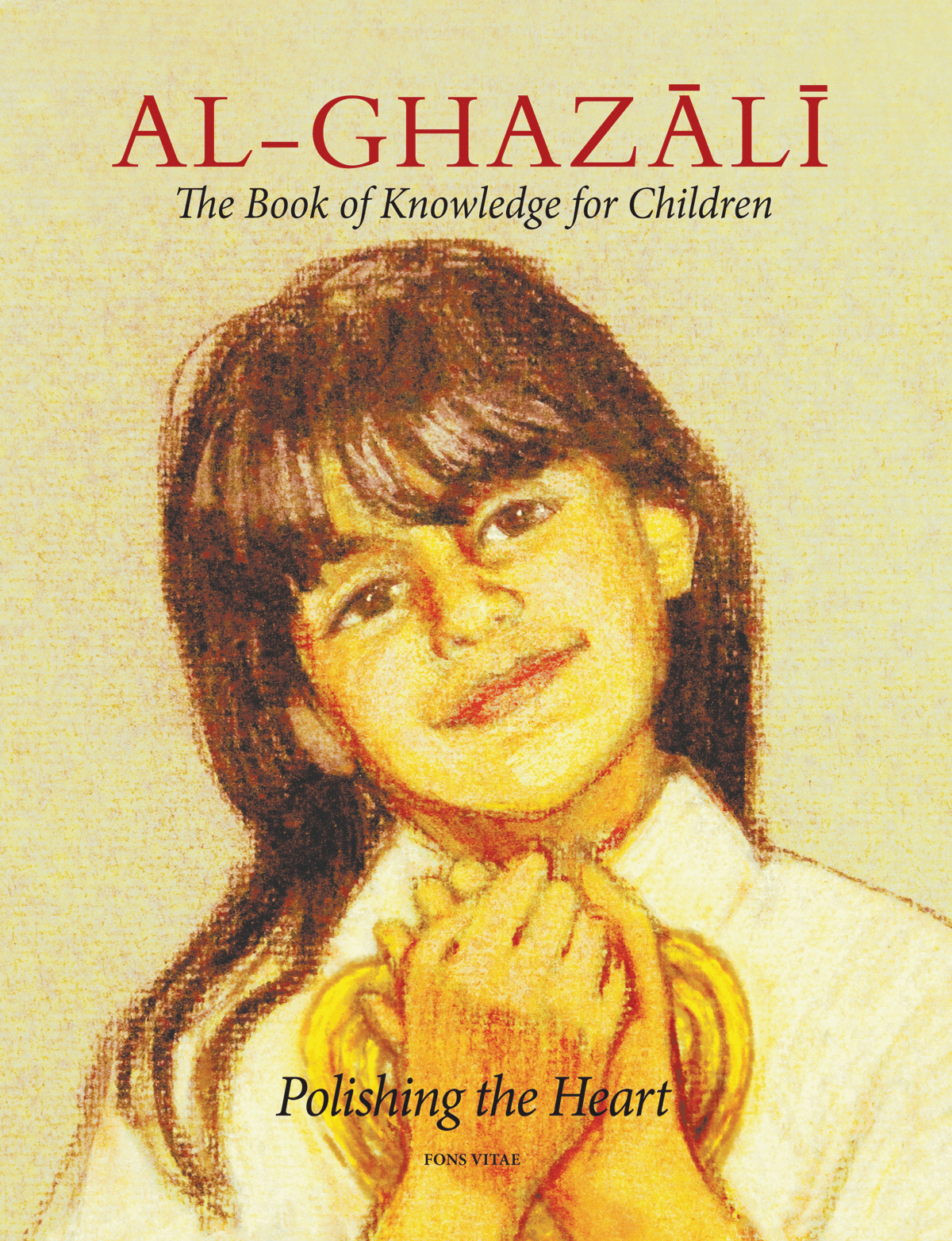
Al ghazali books pdf angelolpor

AlGhazali Books Sunni Islam Fons Vitae Publishing

Ecole islamique AlGhazali "l’enfant a un avenir professionnel et en plus il est épanoui d’un
About Press Copyright Contact us Creators Advertise Developers Terms Privacy Policy & Safety How YouTube works Test new features NFL Sunday Ticket Press Copyright.. The first Hebrew translation of al-Ghazālī's Maqāṣid was made by Isaac *Albalag (1292). Yet, this translation, known as Sefer Tikkun ha-De'ot (or De'ot ha-Filosofim) includes only two parts of the original; namely, logic and metaphysics. The third part of this Hebrew version was completed in 1307 by Isaac Pulgar.